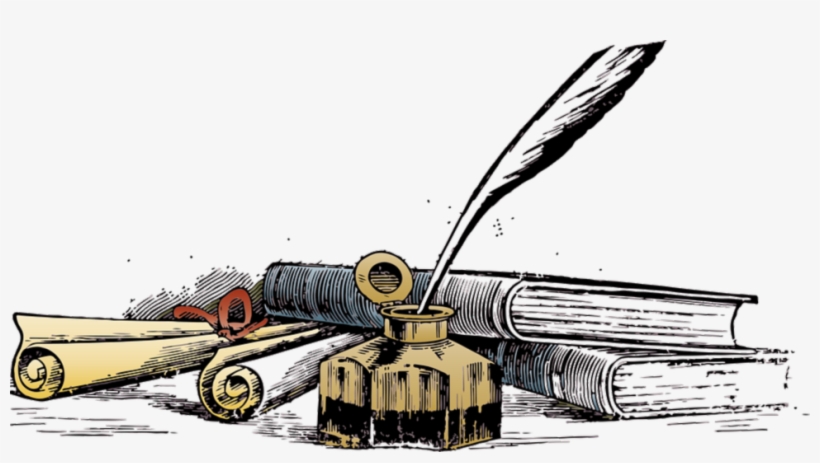During my first year in Tanzania I bought a second-hand car. It could have been fourth hand but who cared in a country where having a car at all was the ultimate. It was a Vauxhaul Viva car with a registration plate TDP 20, a simple number that popularized this dashing bachelor. With it I drove far and wide on duty tours to Morogoro, and other towns near Dar-es-Salaam. I also drove at high speed to far away northern towns of Arusha and Moshi. Yes, there was a war going on back home and my mind often went back to it. We each contributed dutifully financially to the war effort. But I tried to enjoy my stay in Tanzania as much as possible with the citizens very friendly especially if you were a Biafran. And I enjoyed every minute of my stay. As I had said elsewhere having a car in the Tanzania of those days was a big thing. The citizens were simply that poor and foreigners like us were among the blessed few.
I found Tanzanians very different from what people in Nigeria were like when I left home. They were easy going. I did not notice any religious friction and intermarriage, Muslim/Christian, was common. I did not witness any riots or commotion and did not hear of the sort of disturbances we had in Nigeria. A lot of the stealing was hunger driven. An example was the case of the burglary in Dr Egwuatu’s house. Egwuatu, a Biafran doctor, had traveled with his wife and one night thieves visited. They went into the trouble of cutting through the asbestos boards on the eaves of their bungalow and climbed into their sitting room and made themselves at home. They warmed the soup and gorged themselves with his food. Then they took two of his shirts and climbed out the way they had come in. And that was that!
At that time in Tanzania the society was clearly stratified with the ordinary Tanzanian at the lowest level. These Tanzanians looked at their fellow citizens, the Chaggas, from the Moshi area of Northern Tanzania with envy and some level of distrust for they were industrious, aggressive and usually more successful and wealthy. At the next level were the higher civil servants who lived better and then the Arabs living mainly in Zanzibar. The richest citizens were the Indians or Asians as they were called. They held top jobs in government, owned most of the buildings, shops and prosperous businesses. And they were called exploiters, mrijas, by all other classes of citizens and it was no surprise when the government of the socialist republic of Tanzania seized four thousand properties from them. The Office of the Registrar of Buildings was set up to manage these properties.
So it was that after one year as a Valuer in the Ministry of Lands I was transferred to the newly created office of The Registrar of Buildings as an Estate Manager. My Tanzanian colleague G. E. Limbumba was made the Registrar, the overall boss. We were in a building hurriedly prepared for us in Jamhuri Street in the centre of town. We had the Registrar, the Accountant, two Estate Mangers and many untrained staff whom we had to train. I had never managed even one building in my life and this was throwing me into the deep end.
